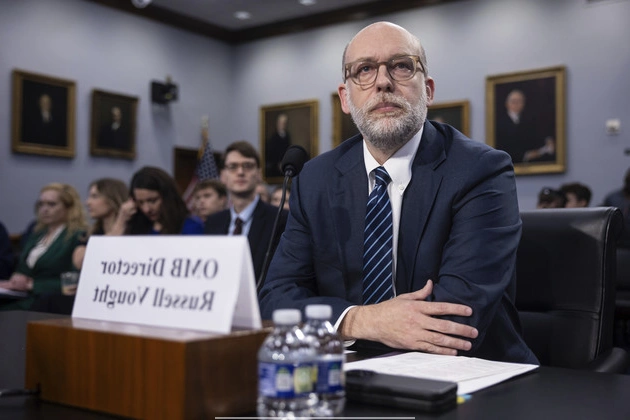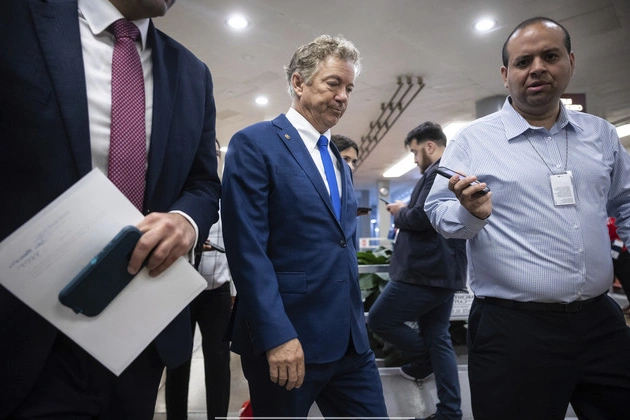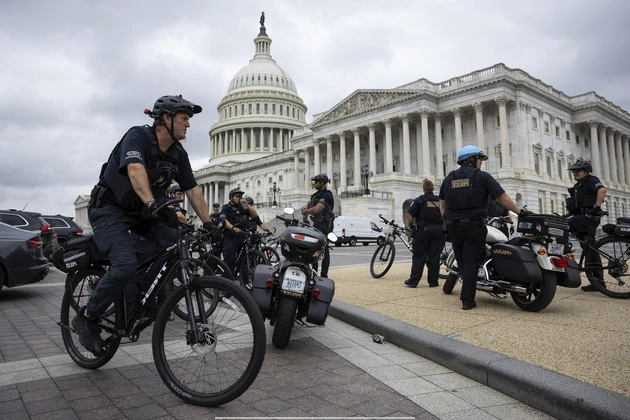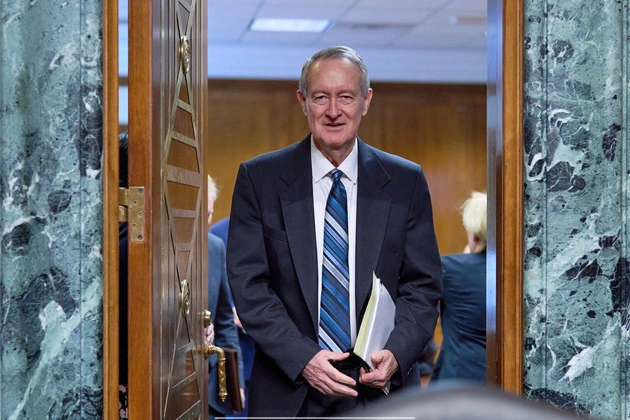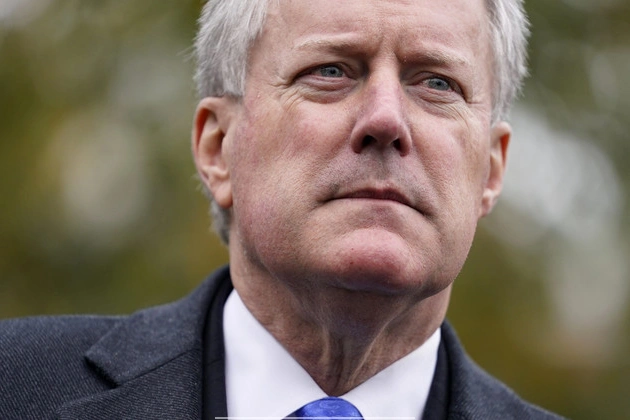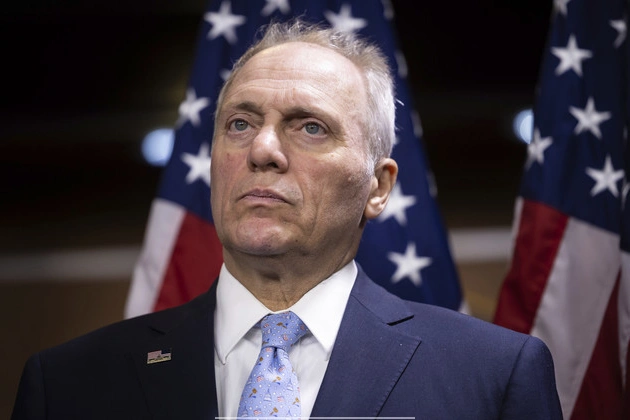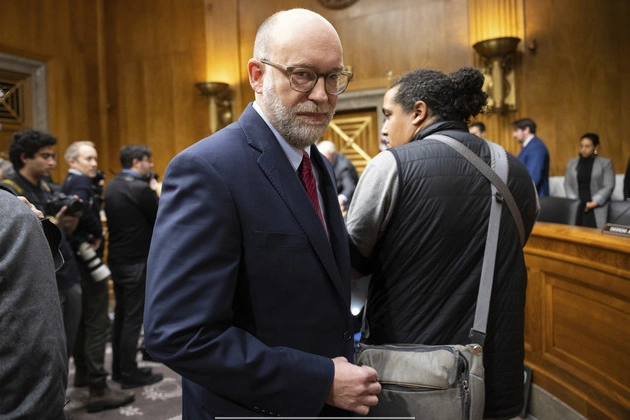
President Donald Trump has submitted a proposal to Congress to eliminate $9.4 billion in current funding for public broadcasting, National Public Radio, and foreign aid. This move is a significant test of the Republican Party’s support for the administration’s efforts to reduce federal agency budgets.
The official “rescissions” memo was delivered to Capitol Hill on Tuesday, according to Senate Appropriations Chair Susan Collins (R-Maine). However, the document has not been made public yet. Congress now has 45 days (excluding breaks longer than three days) to either approve or reject Trump’s request to withhold funding that should already be in use.
Challenges and Responses
While House GOP leaders aim to swiftly pass the funding cut next week, the Senate presents a tougher challenge. In 2018, a similar request from Trump to withdraw $15 billion was defeated in the Senate.
Trump’s memo arrives during escalating tensions between Capitol Hill Republicans and the White House over budgetary authority. The administration has been canceling, freezing, and redirecting approved federal funds, facing legal challenges across the country. If Congress agrees to the rescissions, it would formalize some of the funding reductions that Elon Musk initiated at the Department of Government Efficiency before departing his leadership role.
Senator Collins, who has criticized Trump’s budget maneuvers publicly, highlighted concerns that the cuts could affect critical programs like the President’s Emergency Plan for AIDS Relief (PEPFAR). She emphasized the program’s life-saving impact and effectiveness.
Legislative Complexities
Collins has been in discussions with the Senate parliamentarian about the intricacies of modifying the president’s funding request. The lack of recent successful rescission packages adds complexity to the process, restricting lawmakers from cutting funds not specified in the president’s memo.
Senate Republicans can approve Trump’s request with a simple majority, bypassing filibuster hurdles. In the House, pressure is mounting on Speaker Mike Johnson to schedule a vote on the rescissions package this week.
Partisan Divide
Democrats are expected to oppose the funding cuts, criticizing Republican support for retracting already approved federal allocations. Senator Chris Coons expressed frustration over the GOP’s actions, questioning the purpose of appropriations if Congress allows such revisions after passing significant funding measures.
The White House’s use of the impoundment law to request rescissions has raised constitutional concerns. Despite claims of unconstitutionality, administration officials are considering additional funding cuts independent of Congress’ decisions.
Future Implications
The administration’s strategy to block funding through executive actions, including the controversial “pocket rescission” tactic, has sparked debate. By letting approved funds expire without congressional approval, the White House aims to solidify budget reductions beyond legislative oversight.
As the budgetary showdown unfolds, the role of Congress in fiscal governance and the limits of presidential power are under scrutiny. The potential long-term impacts of these funding battles remain uncertain.






